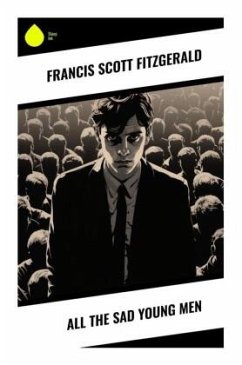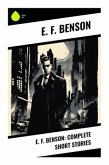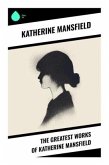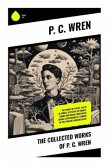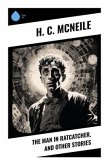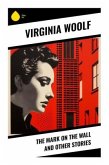In "All the Sad Young Men," F. Scott Fitzgerald masterfully encapsulates the disillusionment and emotional turmoil of the post-World War I Generation, threading together a collection of short stories that reflect the lives of youthful despair and romantic longing. Fitzgerald's signature lyrical prose shines through as he delves into themes of loss, identity, and the elusive pursuit of happiness amidst the jazz-age excess. Set against the backdrop of a rapidly changing America, this collection reveals the stark contrast between the glittering façade of the 1920s and the inner struggles of its characters, evoking a sense of melancholy that is both poignant and timeless. Fitzgerald, an iconic figure of American literature, was deeply influenced by the societal shifts around him, particularly the impact of the Great War on the psyche of young men. His own experiences with love, wealth, and the fleeting nature of success fueled the narratives within this collection. The stories reflect not only his personal discontent but also a broader commentary on the American Dream and its inherent disappointments. I recommend "All the Sad Young Men" to readers seeking a profound exploration of human vulnerability and aspiration. Fitzgerald's nuanced characterizations and evocative storytelling will resonate with anyone who appreciates the complexities of youth and the bittersweet realities of life.
Bitte wählen Sie Ihr Anliegen aus.
Rechnungen
Retourenschein anfordern
Bestellstatus
Storno

